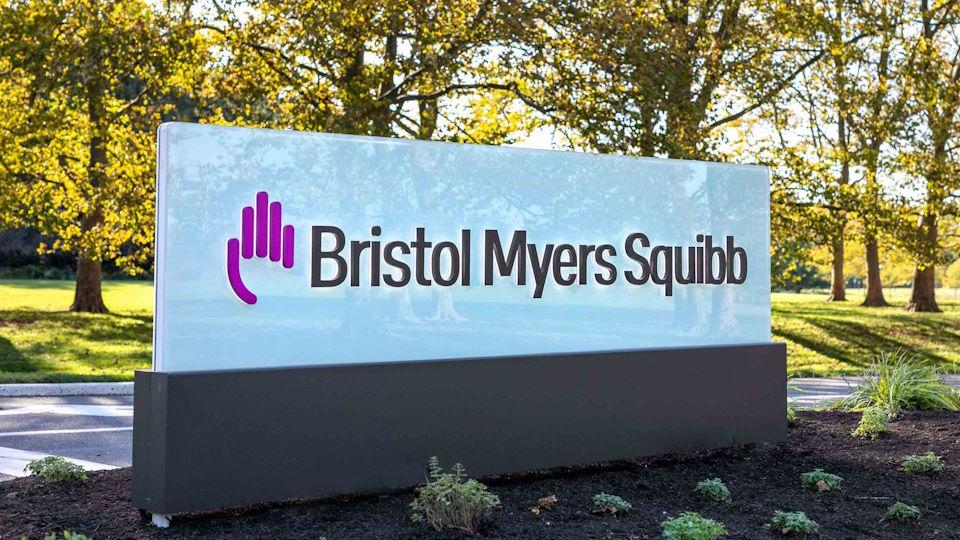BMS eyes first-line colorectal cancer use for Opdivo-Yervoy

The combination of Bristol-Myers Squibb’s Opdivo and Yervoy cancer immunotherapies is on track for approval as a first-line therapy for patients with a particular form of colorectal cancer (CRC), providing an alternative to rival therapy Keytruda from MSD.
The results of the CheckMate-8HW study, presented at the American Society of Clinical Oncology Gastrointestinal Cancers Symposium over the weekend, showed that the regimen reduced the risk of disease progression or death by 79% compared to chemotherapy in newly diagnosed patients with microsatellite instability-high or mismatch repair-deficient (MSI-H/dMMR) metastatic CRC.
Progression-free survival (PFS) was improved with the combination after as little as three months, with median PFS not yet reached in the group compared to 5.9 months for chemo-treated patients.
After approximately two years of follow-up, almost three quarters (72%) of patients taking PD-1 inhibitor Opdivo (nivolumab) and CTLA4 inhibitor Yervoy (ipilimumab) were still alive with no disease progression, compared to just 14% of the chemo group.
The therapy was also easier to tolerate, with discontinuations due to side effects occurring in 17% of the immunotherapy group and 32% of the chemo arm.
Opdivo-Yervoy was given accelerated approval by the FDA in 2018 as a second-line treatment for MSI-H/dMMR CRC after chemo, and the results of CheckMate-8HW could help transform that into a full approval, as well as expand the labelling to include previously-untreated patients.
In the latter setting it will go head-to-head with PD-1 inhibitor Keytruda (pembrolizumab), which was approved in 2020 as a first-line monotherapy for MSI-H/dMMR CRC on the strength of the KEYNOTE-177 trial, making it the first alternative to chemo in these patients.
On the face of it – and with the usual warnings about trying to compare studies with different protocols – Opdivo-Yervoy seems to have stronger data, as Keytruda achieved a 40% improvement in PFS versus chemo in KEYNOTE-177.
“Patients with MSI-H/dMMR metastatic colorectal cancer are less likely to benefit from chemotherapy,” commented Thierry Andre, head of the medical oncology department of Sorbonne University and Hospital Saint-Antoine, Paris, France, who presented the data at ASCO GU.
“These results demonstrate the meaningful efficacy of this combination with practice-changing potential for this patient population,” he added.
CheckMate-8HW is continuing to gauge PFS in patients receiving Opdivo plus Yervoy compared to Opdivo alone across all lines of therapy, as well as secondary endpoints, including overall survival (OS). The results of that will be needed before a decision on upgrading the accelerated approval of the regimen can be given.
BMS recently suffered a setback in its efforts to develop immunotherapies for other forms of CRC, after its combination of Opdivo with first-to-market LAG-3 inhibitor relatlimab – sold as Opdualag in the US – failed the RELATIVITY-123 trial in microsatellite stable (MSS) advanced CRC. RELATIVITY-123 explicitly excluded patients with MSI-H and dMMR tumours.













